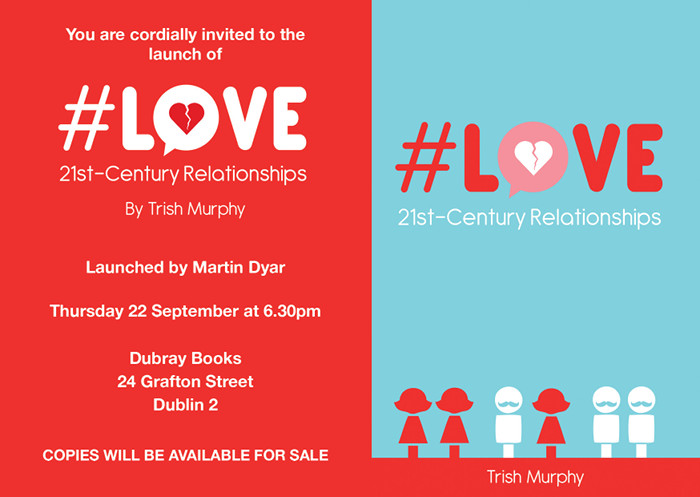How and/or why did you become a therapist?
I had been working in the government sector and wanted to move to voluntary clients. I was about 35 when I decided to do this and had a career in the Department of Justice in Ireland but I had always run therapeutic group during that time.
What are the most rewarding aspects of being a therapist?
It is very rewarding to be invited into people’s stories and to travel the road to recovery or simply to be there with them for part of their journey.
What’s unique or special in your background or approach to interpersonal relationships?
I am systemically trained so working with people in their relationships is part of what I do. I particularly like working with couples around their intimacy lives as this focuses the attention on whatever is difficult in the relationship very quickly.
What are your favorite or most interesting interpersonal relationship tips/advice?
We often do not tackle issues in the hope that time will change things but the opposite happens: we create habits of relating that become copper fastened and instead of dissolving they become entrenched and create misery.
What are some things about therapy that you want to increase public awareness about?
In Ireland we still have stigma about attending therapy and so it often takes many years of suffering before someone goes for help. My aim, through my media work, is to make talking to a therapist easy and accessible.
What are some of the biggest mistakes a therapist or patient can make?
We all make mistakes in our lives and this is often our best opportunity for learning. The only mistake is not to own it and learn from it.
Bio
You can learn more about Patricia Murphy and her book #LOVE at trishmurphy-psychotherapy.com.
